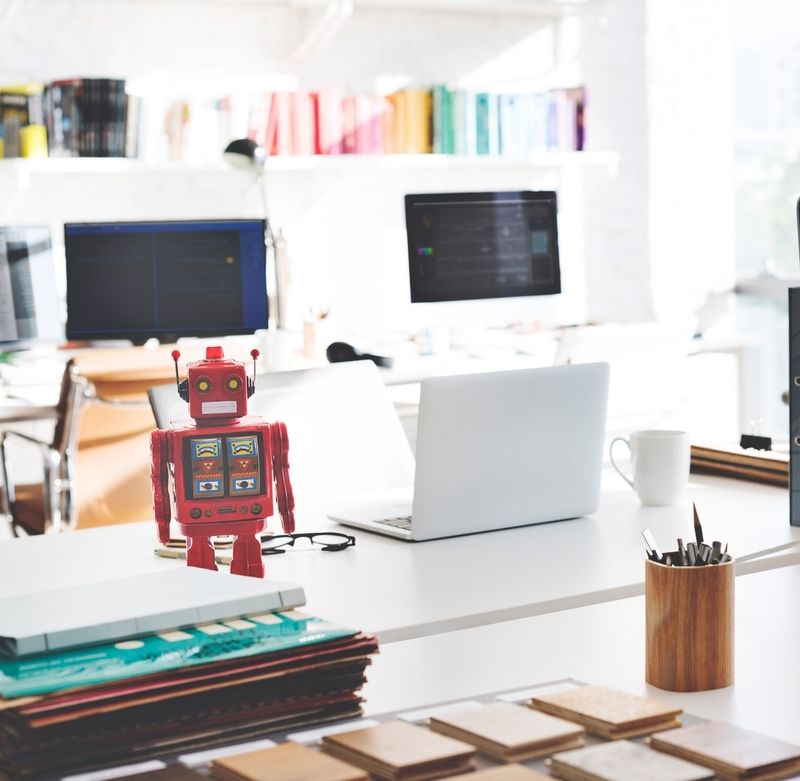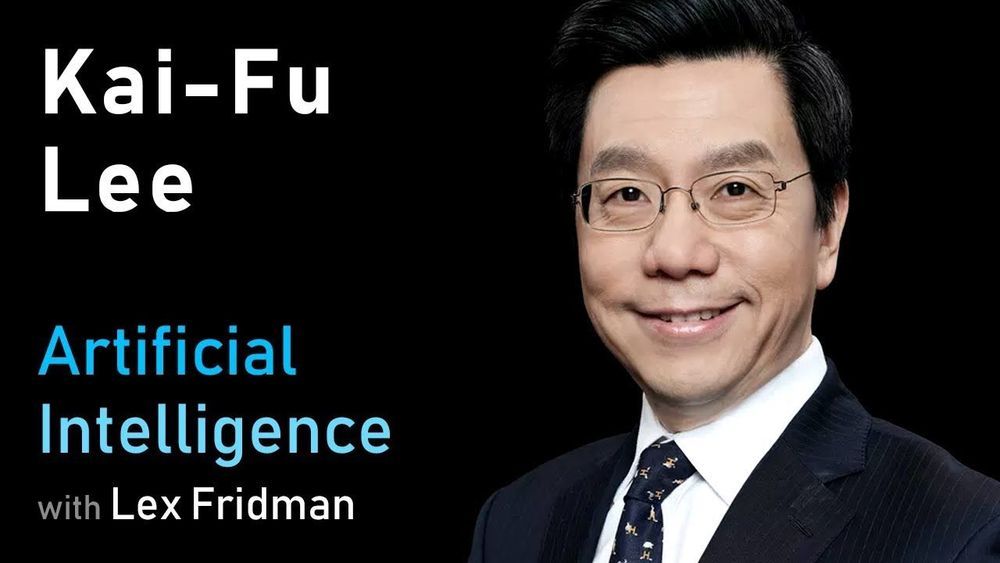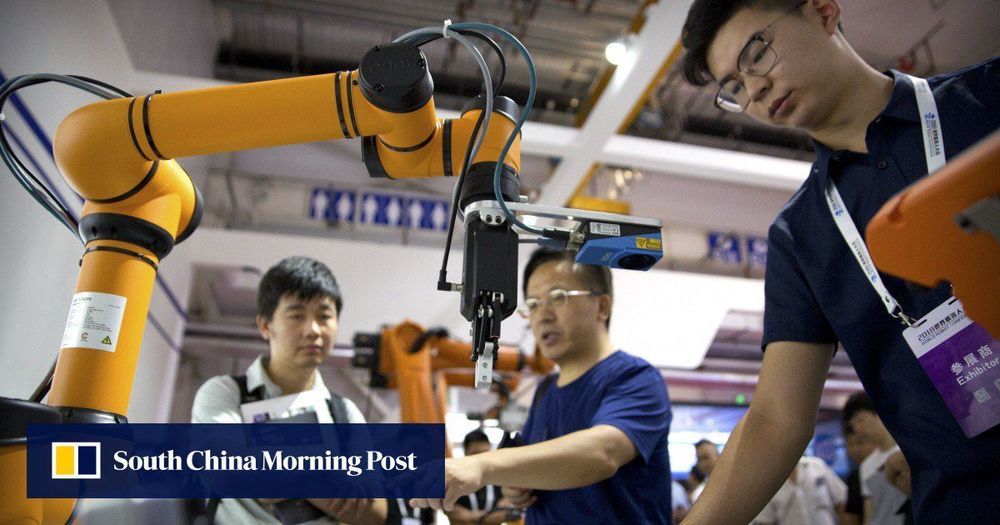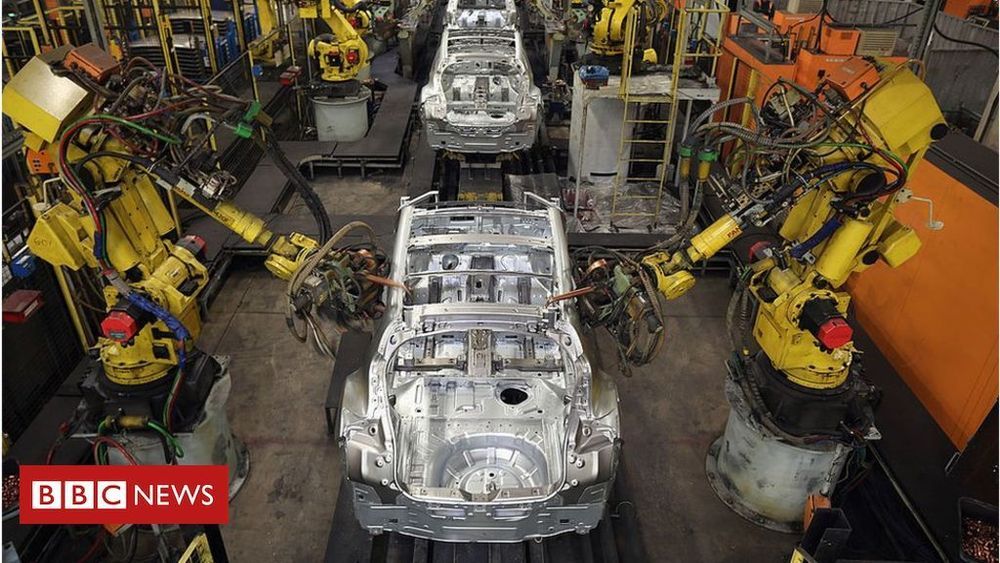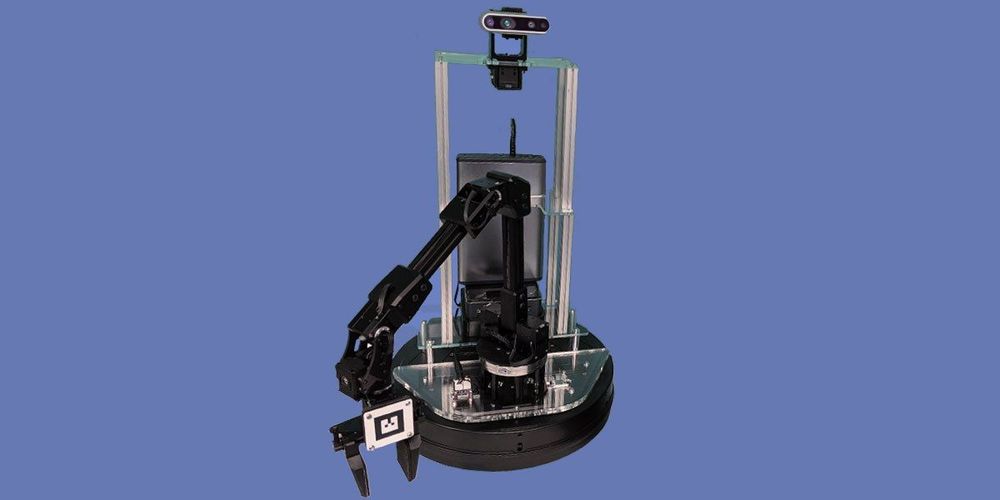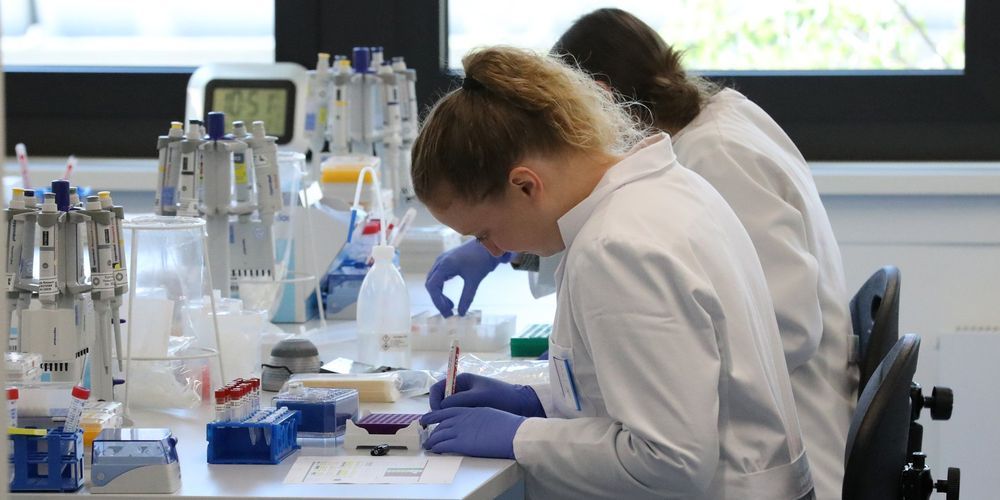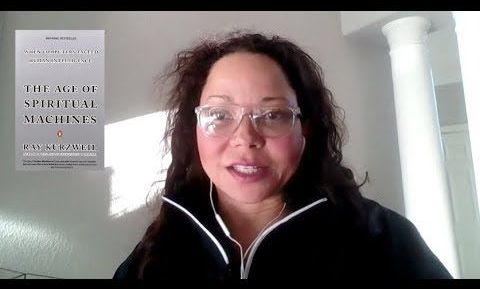Nevertheless, to date, most of the wealth generated by advances in A.I. and robotics has been acquired by the executives of technology companies. It’s time for the benefits of the A.I. revolution to be broadly distributed through an expanded social safety net.
Unfortunately, members of Congress are taking the opposite path and have proposed cuts to a range of social programs. Several hundred thousand people arrived in Washington on Saturday to protest these cuts. During the demonstration, masked agitators threw rocks at the autonomous drones deployed for crowd control; in response, drones dispensed pepper spray on the protesters below, causing a stampede. More than 20 people were injured and treated at local hospitals; one protester died of his injuries on Monday. The police detained 35 people at the scene; 25 more arrests have been made since then, after authorities used facial recognition technology to identify protesters from surveillance video.
Punishing the poor who were harmed by economic disruptions has been a mistake repeated throughout American history. During the Industrial Revolution, machines displaced many artisans and agricultural workers. To deter these unemployed workers from seeking public relief, local governments set up poorhouses that required residents to perform hard labor. And between 1990 and 2020, the federal government — and some state governments — repeatedly cut social program spending even as middle-class jobs disappeared as a result of outsourcing and automation. Workers who didn’t have the skills to thrive in the knowledge economy were resigned to join the underclass of service workers.

